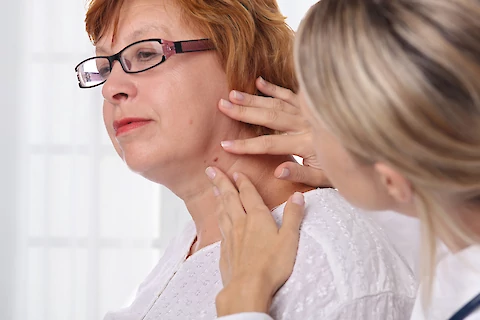
Are you keeping up with your skin cancer screenings? They an essential role in maintaining our health, especially when we're seniors. This article aims to provide helpful information regarding the recommended frequency of skin cancer screenings for seniors, while also delving into factors that may require you to make more frequent visits. Grab your sunscreen and a floppy hat, and let's shed some sunlight on the topic!
The Importance of Skin Cancer Screening for Seniors
As people age, the risk of developing skin cancer increases due to various factors, such as cumulative sun exposure over the years and age-related changes in the skin. Detecting skin cancer early can significantly improve the chances of successful treatment and better long-term outcomes. That's why seniors need to prioritize regular skin cancer screenings as part of their healthcare routine.
How Often You Should Get Screened
According to the Skin Cancer Foundation, adults aged 65 and older should have a skin cancer screening performed by a healthcare professional at least once a year, more frequently if they have additional risk factors. This recommendation is based on the increased risk of skin cancer in seniors and the importance of early detection for effective treatment.
Factors that May Warrant More Frequent Screenings
Several risk factors can contribute to a higher likelihood of developing skin cancer. Seniors with the following factors should consider more frequent screenings:
- Fair skin, light hair, and light eyes: People with lighter skin tones are more susceptible to skin cancer due to the reduced amount of melanin in their skin, which provides some protection against harmful UV rays.
- Family history of skin cancer: Having a close relative with skin cancer increases your risk, particularly if it is melanoma, the most aggressive form of skin cancer.
- Personal history of skin cancer: Those who have had skin cancer before are at higher risk for developing it again.
- Numerous moles or atypical moles: A high mole count or the presence of unusual moles can indicate an increased risk of skin cancer.
- Geographic Location: Living in sunny areas like Santa Monica, Los Angeles, Pacific Palisades, or Marina del Rey, California, can also contribute to a heightened risk of skin cancer due to increased sun exposure. Seniors in these areas should ensure they take adequate sun protection measures and perform regular self-checks for skin abnormalities.
Why Seniors May Need More Frequent Screenings Than Younger People
The increased risk of skin cancer in seniors is mainly due to age and cumulative sun exposure over their lifetime. Furthermore, skin cancers may be more aggressive in seniors, making early detection and treatment even more critical. By having regular screenings, seniors can stay ahead of potential skin cancer and improve their chances of successful treatment.
We've Got You Covered!
Seniors should consult with their healthcare providers to determine the most appropriate screening frequency based on their individual needs. If you live in Santa Monica, Los Angeles, Pacific Palisades, or Marina del Rey, you can consult with Senior Helpers Santa Monica for help with a variety of in-home care needs, from drop-in wellness checks to transportation to and from skin cancer screenings. We also provide excellent respite care, so caregivers can tend to their own well-being… including screenings for skin cancer. Contact us today!